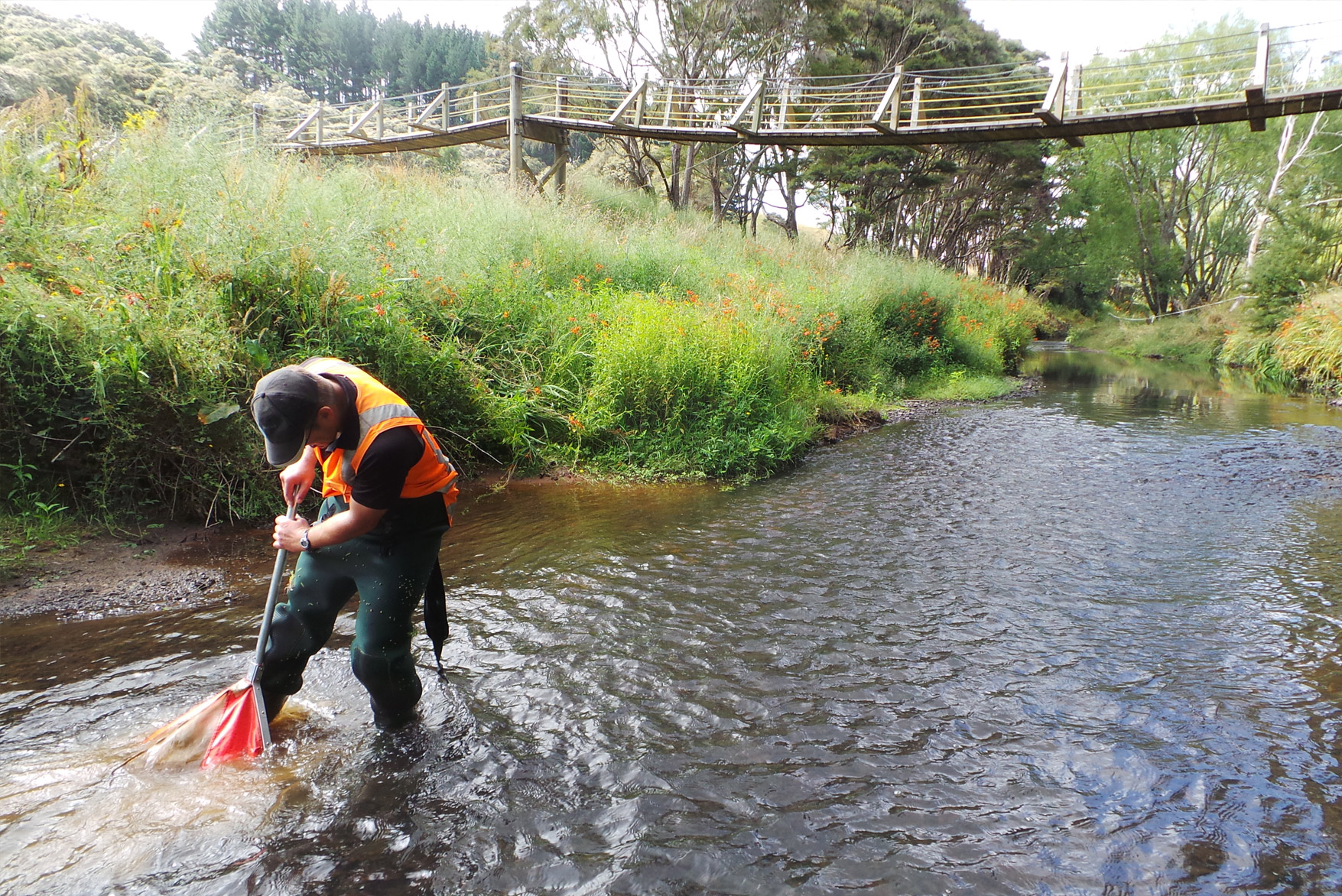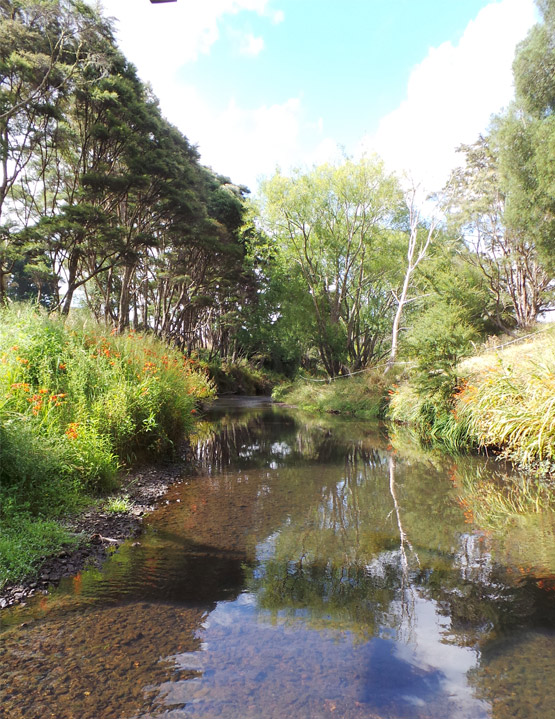Wastewater Management Strategy with a holistic, multidisciplinary approach.
Camp Adair is an outdoor recreational facility that has provided camp experience to more than 10,000 school children and family groups annually since its establishment in 1912. Since 1938 it has been operated by the YMCA and is a regionally significant youth facility which can house up to 374 attendees at a time. Located in the foothills of the Hunua Ranges, the camp is set away from the reticulated wastewater network.
Wastewater in the camp has been managed by an on-site wastewater treatment plant that discharges treated wastewater into the Wairoa River. YMCA’s existing consents expired and over the last decade they have been looking into potential alternatives for discharge in order to obtain a long-term consent for their treatment plant. On the whole, council officers favour land discharges to water discharges for a number of reasons including Iwi cultural impacts, ecological impacts and potential public health risks, therefore new water discharge consents were generally eliminated.

